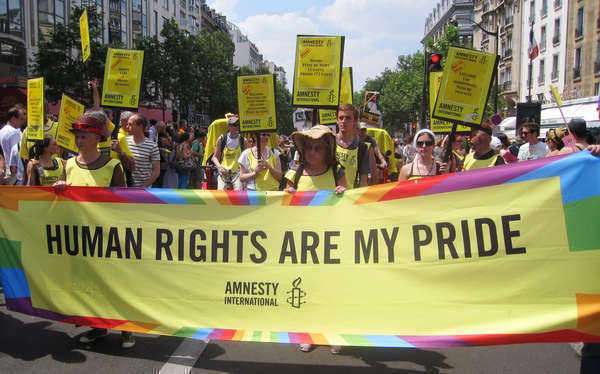
What are Human Rights?
Human rights are the basic rights and freedoms given to all people of the world; human rights are awarded regardless of sex, national or ethnic origin, race, language, religion, nationality, or any other status. As a result of their non-discriminatory characteristics, human rights are conceived as universal. Human rights were created to ensure the fair treatment of all human beings regardless of the aforementioned characteristics. Human rights are meant to impede human causality and atrocities sparked by humans or government bodies against particular origins. A number of ideas that ultimately animated the movement towards the delivery of universal international rights were spawned during the aftermath of World War II—the atrocities of the holocaust awakened a number of governments towards the capability, in regards to cruelty, which man can inflict. Human rights may be come in the form of natural or legal rights in the context of both national and international law. For example, within international law, the doctrine of human rights is the legally-binding document to affirm the transfer of human rights.
What are Human Rights Violations?
Human rights violations occur when any individual, entity or governmental body breaches any form of the Universal Declaration of Human Rights treaty, any other formal human rights treaty, or humanitarian law. Human rights violations, in regards to human rights laws established by the United Nations, are elucidated in Article 39 of the United Nations Charter, which designates the United Nations Security Council as the only authoritative party permitted to determine UN human rights violations. As a result, all human rights violations will be monitored and subsequently judged by United Nations committees, governing bodies and national institutions. These various entities will collect evidence and review documentations of alleged human rights violations to enforce human rights laws. Generic or common human rights violations include the following actions or events: wars of aggression, war crimes, and crimes against humanity including genocides— this action represents the most serious form of human rights violations.

